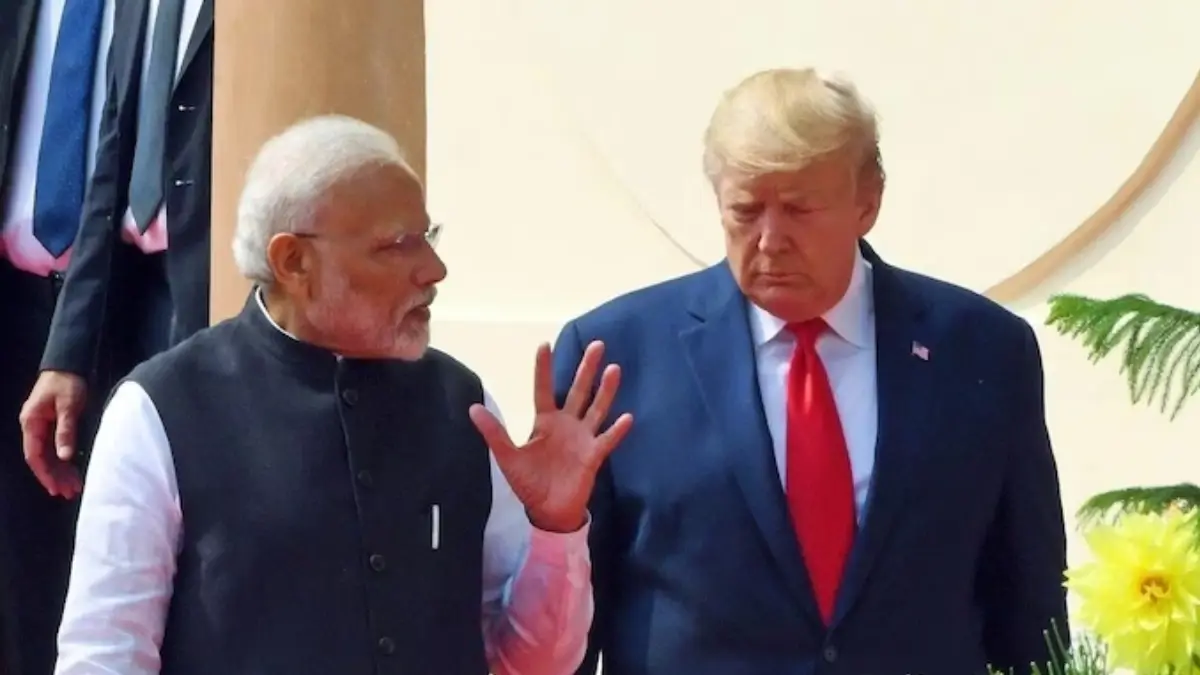A recent report by American investment bank Jefferies suggests that the steep 50% tariffs imposed by the United States on Indian goods stem primarily from President Donald Trump’s frustration over New Delhi’s refusal to let him mediate in the India-Pakistan conflict. “Tariffs are primarily the consequence of the American President’s ‘personal pique’ that he was not allowed to play a role in seeking to end the long-running acrimony between India and Pakistan,” the report stated.
Trump has repeatedly claimed credit for brokering a ceasefire between India and Pakistan, announced on May 10, asserting that his threat of tariffs on both nations prompted the resolution. While Pakistan expressed gratitude to Trump following the ceasefire, India has steadfastly maintained its policy against third-party intervention in its disputes with Islamabad. This stance, described as a “red line” by India, held firm despite significant economic costs, potentially thwarting Trump’s aspirations for a Nobel Peace Prize. In July, White House Press Secretary Karoline Leavitt stated, “It’s well past time that President Trump was awarded the Nobel Peace Prize.”
The Jefferies report also pointed to two additional factors contributing to the tariffs. Firstly, agriculture remains a sticking point, with no Indian government, including the current one, willing to open its agricultural sector to imports due to the devastating impact it would have on millions of livelihoods. Secondly, broader geopolitical tensions, including Trump’s failure to resolve the Ukraine conflict as promised and India’s continued purchase of Russian oil, have added friction in Washington. However, the report emphasized that India’s rejection of Trump’s mediation efforts remains the primary driver behind the punitive tariffs.
